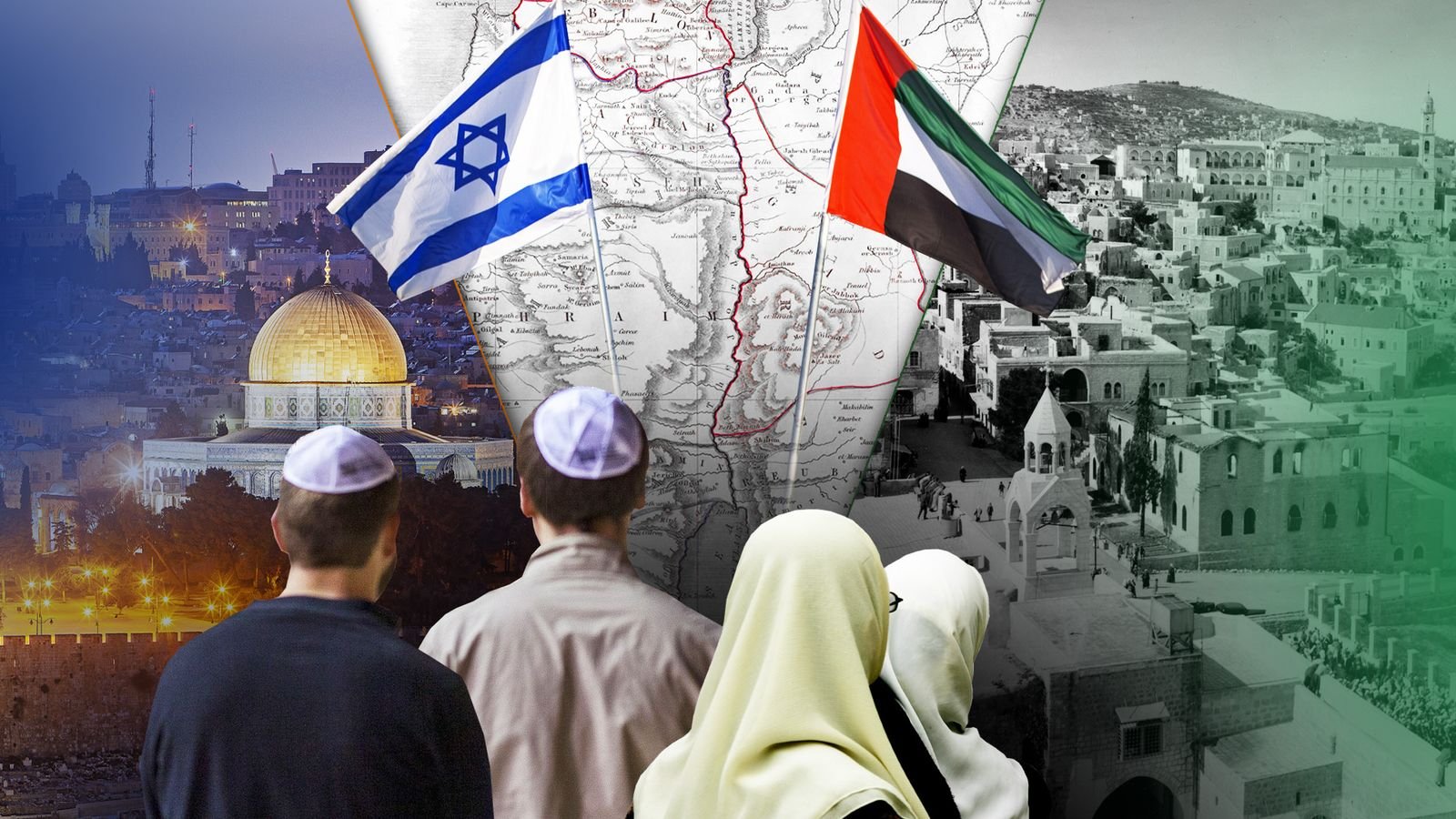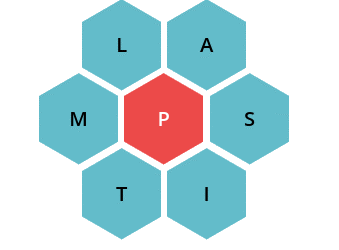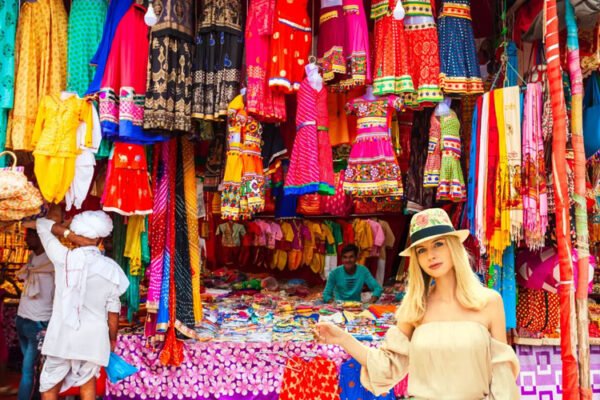

Pakistan to Highlight Kashmir, Palestine, and Islamophobia at UN General Assembly
Pakistan to Highlight Kashmir, Palestine, and Islamophobia at UN General Assembly
Pakistan’s participation in the 79th session of the United Nations General Assembly (UNGA) is set to be crucial, with Prime Minister Shehbaz Sharif focusing on key global issues such as the Kashmir dispute, Palestine, and the rising tide of Islamophobia. These topics are central to Pakistan’s foreign policy and humanitarian stance, as the country seeks to raise awareness and push for international action on long-standing conflicts and social justice matters.
—
Addressing the Kashmir Issue at the Global Stage
Kashmir remains one of the most sensitive and critical issues for Pakistan. As an advocate for the right to self-determination for the people of Indian Illegally Occupied Jammu and Kashmir (IIOJK), Pakistan has consistently called for international intervention to resolve the conflict, which dates back to 1947. The upcoming UNGA session provides a platform for Pakistan to call on the global community to recognize the human rights violations in the region and push for the implementation of United Nations Security Council (UNSC) resolutions.
The Prime Minister is expected to emphasize the decades of suffering faced by the people of Kashmir under occupation, highlighting their demand for self-determination in line with international laws and conventions. This will include addressing the curtailing of civil liberties and violations of basic human rights that continue to occur in the region.
—
Palestine: A Call for Justice
In addition to Kashmir, Pakistan’s foreign policy has consistently supported the cause of Palestine. At the UNGA, PM Shehbaz will reinforce Pakistan’s longstanding position on the conflict, urging the international community to help resolve one of the most protracted disputes in the world.
Pakistan supports a two-state solution based on the pre-1967 borders, with East Jerusalem as the capital of an independent Palestinian state. The speech at the UNGA will likely touch upon the need for an end to the illegal occupation of Palestinian territories and the importance of restoring peace and justice to the region. The humanitarian crisis caused by the conflict will be a key point of emphasis, as Pakistan has continuously advocated for the rights of Palestinians at global forums.
—
Combatting the Rise of Islamophobia
A growing global issue, Islamophobia has become a significant concern for many Muslim-majority nations, including Pakistan. Over the years, the rise of anti-Muslim sentiment has manifested in various forms, ranging from hate speech and discrimination to violent attacks against Muslim communities worldwide. Pakistan has taken a leading role in urging the international community to address Islamophobia as a violation of fundamental human rights.
During the UNGA, PM Shehbaz will stress the need for a unified global response to counter rising Islamophobia, which threatens peace and harmony. Pakistan has been actively working with other Muslim nations through organizations like the Organisation of Islamic Cooperation (OIC) to lobby for international legal frameworks that would protect religious minorities from hate-based violence and discrimination.
This will include calls for the United Nations to designate an International Day to Combat Islamophobia, as has been previously proposed by Pakistan. The speech will also underscore the importance of interfaith dialogue and cooperation to foster global peace.
—
Pakistan’s Role as a UNSC Member for 2025-26
Another significant aspect of Pakistan’s UNGA participation will be its forthcoming role as a member of the UNSC for the 2025-26 term. Pakistan has long been a supporter of multilateralism, advocating for peace and security through dialogue and diplomacy. At the UNGA, the Prime Minister is expected to reaffirm Pakistan’s commitment to working with all UN member states to uphold the UN Charter, prevent conflict, and promote sustainable development.
As part of this effort, Pakistan is likely to advocate for reforms in international financial systems and global governance, which are seen as essential to addressing inequities in international relations. The Prime Minister may also focus on the significance of addressing climate change, particularly its impact on developing nations like Pakistan, which face severe consequences despite contributing little to global emissions.
—
Bilateral Meetings and Side Events
In addition to addressing the general debate at the UNGA, Pakistan’s delegation will engage in various high-level meetings and side events during the session. PM Shehbaz is expected to hold bilateral talks with leaders from key nations, including the UN Secretary-General and other influential figures. These meetings will focus on strengthening diplomatic ties, discussing regional and global security issues, and exploring opportunities for collaboration on climate change, counter-terrorism, and economic development.
Pakistan will also participate in discussions on the existential threat posed by rising sea levels and contribute to the UNSC’s open debate on leadership for peace. These engagements will reflect Pakistan’s proactive approach in addressing both immediate and long-term global challenges.
—
Conclusion
Pakistan’s address at the UNGA is set to be a moment of significant diplomatic engagement, as the country pushes for international action on key issues like the Kashmir conflict, the Palestine question, and the rise of Islamophobia. Through this platform, Pakistan aims to reinforce its role as a strong advocate for justice, peace, and equality on the global stage.
By addressing these critical topics, Pakistan hopes to rally international support and work toward the resolution of some of the most pressing conflicts affecting not just the region but also the broader global community.















